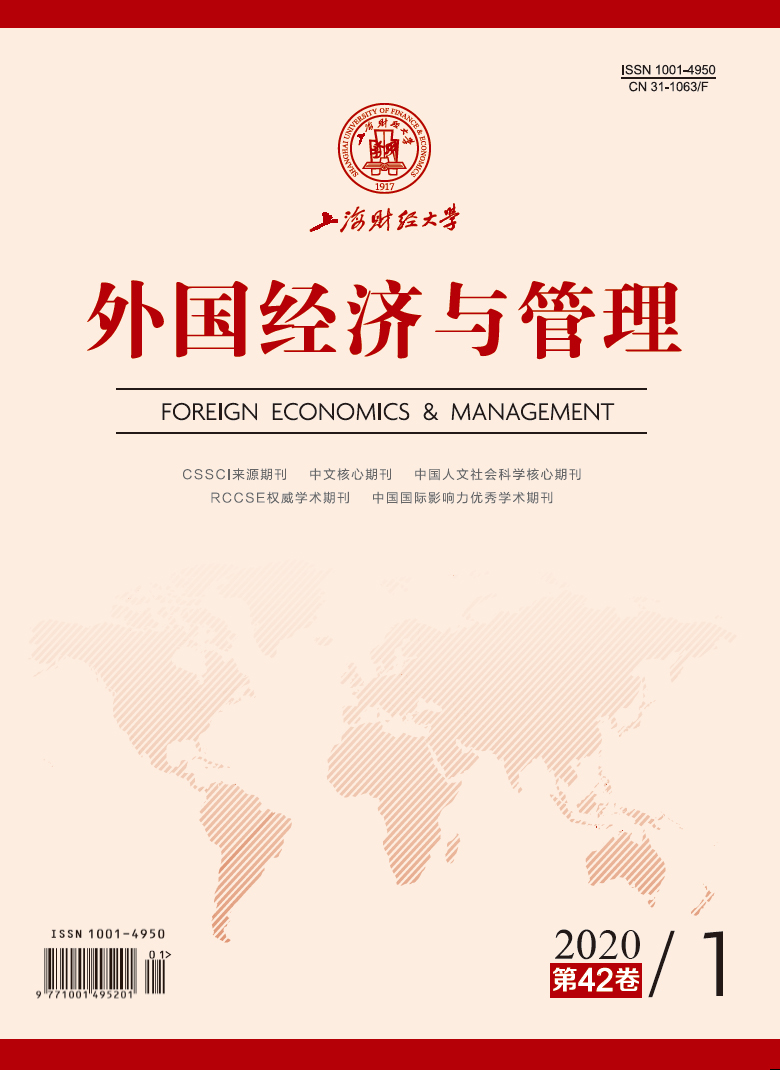Recently, increasingly fierce competition among enterprises leads a higher level of employees’ work pressure. As a result, enterprises pay more and more attention to workplace well-being. A mass of empirical studies have confirmed that high levels of employee well-being can lead to positive outcomes. Therefore, exploring the influencing factors of employees’ workplace well-being has become an important topic for both enterprises and academia. Existing studies have mainly discussed personal and environmental factors respectively, which ignores the joint effect on well-being. The role of leaders, as the key external source for promotion, supporting and training, is the focus of this study. Accordingly, the influence of fit between leaders and followers in proactive personality on workplace well-being has aroused more and more concern. However, the affect and mechanism have not been fully explored.
As an important form of expression in interpersonal relationship, trust has attracted more and more attention on the impact of well-being. And from the view of team, matching between followers and leaders promotes the dependence of both sides, improves the quality of information exchange and finally generates trust. As a factor that has a more direct effect on followers’ well-being in the work situation, trust in leaders plays a key role in improving the positive perception about work. In response to this, and based on the data from a questionnaire survey of 1495 leaders and 6179 subordinates in an IT industry, we can see the analysis results by polynomial regression and response surface show that:(1)Comparing with the congruence of proactive personality of leaders and followers, followers show more trust in leaders in the case of incongruence.(2)When the proactive personality of leaders and followers is congruent, the combination of “high-high” leads to a higher level of trust than “low-low”.(3)In the case of incongruence, leaders and followers’ “high-low” combination makes followers less likely to show trust than that of the “low-high” combination.(4)The incongruence of proactive personality between leaders and followers can influence workplace well-being through followers’ trust in leaders.
Theoretical contributions are reflected on the following: Firstly, based on the dominance complementarity theory, this study not only broadens our understanding of the effects of different forms of personality matching, but also helps us clarify workplace well-being from the perspective of dyadic interaction. Secondly, our research expands the antecedent study of trust in leaders. Thirdly, this study widens the research about trust in leaders as a mediation. In practice, contributions are first shown as guides for recruitment and selection. Second, leaders with high proactive personality should actively satisfy followers with high proactive personality. Finally, for followers with low proactive personality, leaders’ more efforts when interacting to gain trust equally deserve the same attention.





 , 1
, 1 5042
5042  5967
5967

